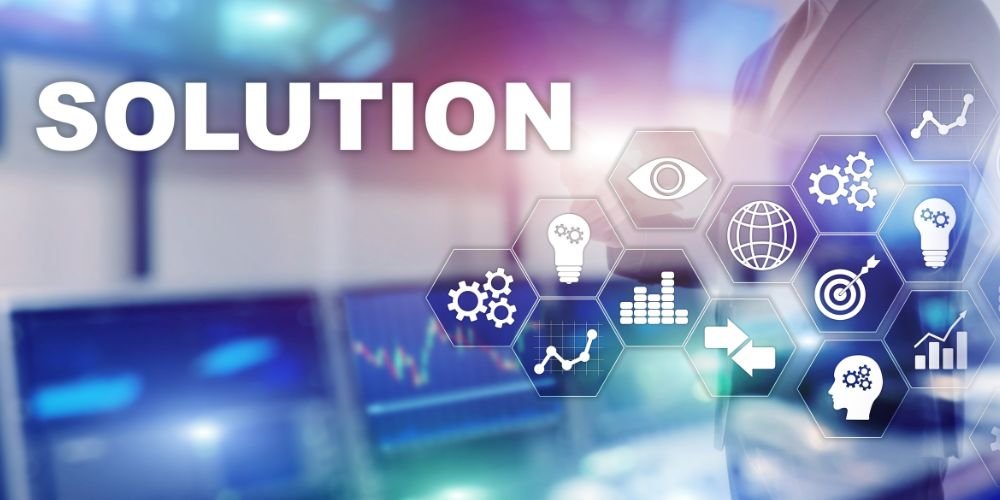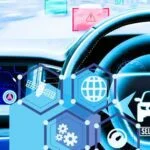In education, EdTech solutions have emerged as transformative tools, offering innovative approaches to teaching and learning. This article explores the intricacies of EdTech solutions, examining their effectiveness, challenges, and the necessity for ethical considerations in their implementation.
EdTech Solutions: Facts
Understanding the foundational facts surrounding it is essential for recognizing their potential impact and limitations:
- Definition and Purpose: EdTech, short for Education Technology, encompasses various digital tools and platforms to enhance teaching and learning experiences. These solutions aim to improve accessibility, engagement, and personalized learning opportunities for students and educators alike.
- Accessibility and Inclusivity: EdTech solutions can potentially address educational barriers, such as geographic distance, physical disabilities, and socio-economic disparities. By providing remote access to educational resources and adapting content to diverse learning styles, EdTech can promote inclusivity and reach learners who may otherwise be marginalized.
- Data-Driven Insights: Many EdTech platforms utilize data analytics to track student progress, identify learning gaps, and personalize instruction. While this data-driven approach can offer educators valuable insights, it raises concerns about student privacy, data security, and the ethical use of personal information.
- Integration Challenges: The successful integration of EdTech solutions into educational settings requires overcoming various challenges, including technological infrastructure limitations, digital literacy gaps among educators and students, and resistance to change within traditional educational systems.
EdTech Solutions: Views
Examining various perspectives on EdTech solutions provides insight into the opportunities and challenges they present:
- Enhanced Learning Experiences: Proponents of EdTech emphasize its potential to revolutionize education by providing interactive, multimedia-rich learning experiences that cater to individual student needs. By leveraging virtual reality, gamification, and adaptive learning algorithms, EdTech can create immersive and engaging educational environments.
- Equity and Access: Advocates stress the importance of ensuring equitable access to EdTech solutions for all students, regardless of their socio-economic background or geographic location. It requires targeted efforts to bridge the digital divide, provide internet connectivity and devices to underserved communities, and promote digital literacy skills among educators and students.
- Pedagogical Considerations: Critics caution against over-reliance on EdTech solutions without carefully considering pedagogical principles and instructional design. While technology can enhance learning experiences, it should complement, rather than replace, traditional teaching methods. Educators must prioritize critical thinking, creativity, and collaboration using EdTech tools.
- Ethical Use and Data Privacy: The ethical use of student data is a pressing concern when adopting it. Stakeholders must prioritize data privacy, informed consent, and transparent data practices to protect student information from misuse or exploitation.
Conclusion
EdTech solutions promise to transform education and empower learners in the digital age. However, realizing this possibility requires a concerted effort to address challenges related to accessibility, equity, pedagogy, and ethics. By fostering collaboration between educators, technologists, policymakers, and communities, we can harness the power of EdTech to create inclusive, engaging, and helpful learning environments for all students. Embracing innovation while upholding ethical principles is essential to realizing the full benefits of EdTech and ensuring that education remains a catalyst for social progress and individual empowerment.










